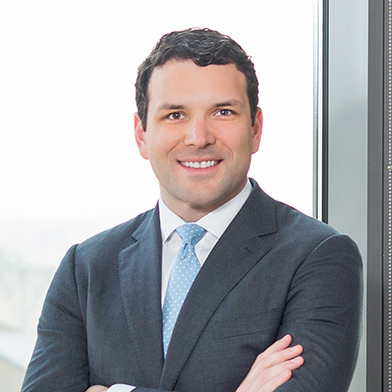By Joel Glover
Social media platforms such as Instagram and Twitter are essential to any successful modern marketing and outreach strategy. But the pursuit of turning likes and shares into dollars and cents is not without its risks.
For example, the popular clothing store Forever 21 came under scrutiny earlier this month related to an early 2019 marketing campaign on its website and social media pages that singer Ariana Grande alleges borrows against her popularity for the company’s gain. Grande filed suit against Forever 21 on September 2, 2019, in the U.S. District Court for the Central District of California.
The suit alleges that Forever 21 used a “look-alike model” and branding similar to Grande’s most recent album, Thank U, Next, in a campaign that was supposed to feature Grande but ultimately did not because the parties could not come to terms on a dollar amount. Grande views this as a misappropriation of her name and likeness and sued for various trademark, copyright, and right of publicity claims. She seeks compensatory damages of at least $10 million, plus an injunction, disgorgement of profits, punitive damages, and attorneys’ fees.
These lawsuits are not just for pop stars and clothing brands. They are possible in Texas and elsewhere, and not only for the federal copyright and trademark infringement claims brought by Grande. Like her California common law claim, a living person’s right of publicity is violated in Texas—under the tort commonly referred to as invasion of privacy by misappropriation—if: (1) a defendant appropriates and publishes a plaintiff’s name or likeness for its value (not incidentally or for a newsworthy purpose) without authority; (2) the plaintiff is identifiable from the publication; and (3) the defendant received a benefit from the publication.
Avoiding a lawsuit like this one is no longer as easy as managing risk with the marketing staff down the hall. Now more than ever, effective marketing and company outreach are not the sole responsibilities of that team. Whether coordinated or not, self-motivated business leaders up and down the ladder engage on social media in ways that are as visible as official company messaging—if not more so.
Avoiding a lawsuit like this one is no longer as easy as managing risk with the marketing staff down the hall. Now more than ever, effective marketing and company outreach are not the sole responsibilities of that team.
Though not in the private realm, President Trump’s use of Twitter is a well-known example of the way that 280 characters can quickly become official policy. For private companies, this means that a tweet from the CEO can quickly get the company itself in a bind. The danger is not theoretical. Elon Musk’s tweets about taking Tesla public last summer quickly drew rebukes from the SEC, as did his tweets earlier this year about the number of cars Tesla would produce in 2019. The inherent risks are many but manageable.
 Meet Joel
Meet Joel
Joel R. Glover is an attorney in the Houston office who advocates for clients across the country. Joel’s experience includes representing clients in high-stakes commercial litigation, copyright infringement litigation, individual and corporate fiduciary litigation, and media litigation. Joel was recognized in Thomson Reuters’ 2018 “Rising Stars” list.
The opinions expressed are those of the author and do not necessarily reflect the views of the firm, its clients, or any of its or their respective affiliates. This article is for informational purposes only and does not constitute legal advice

